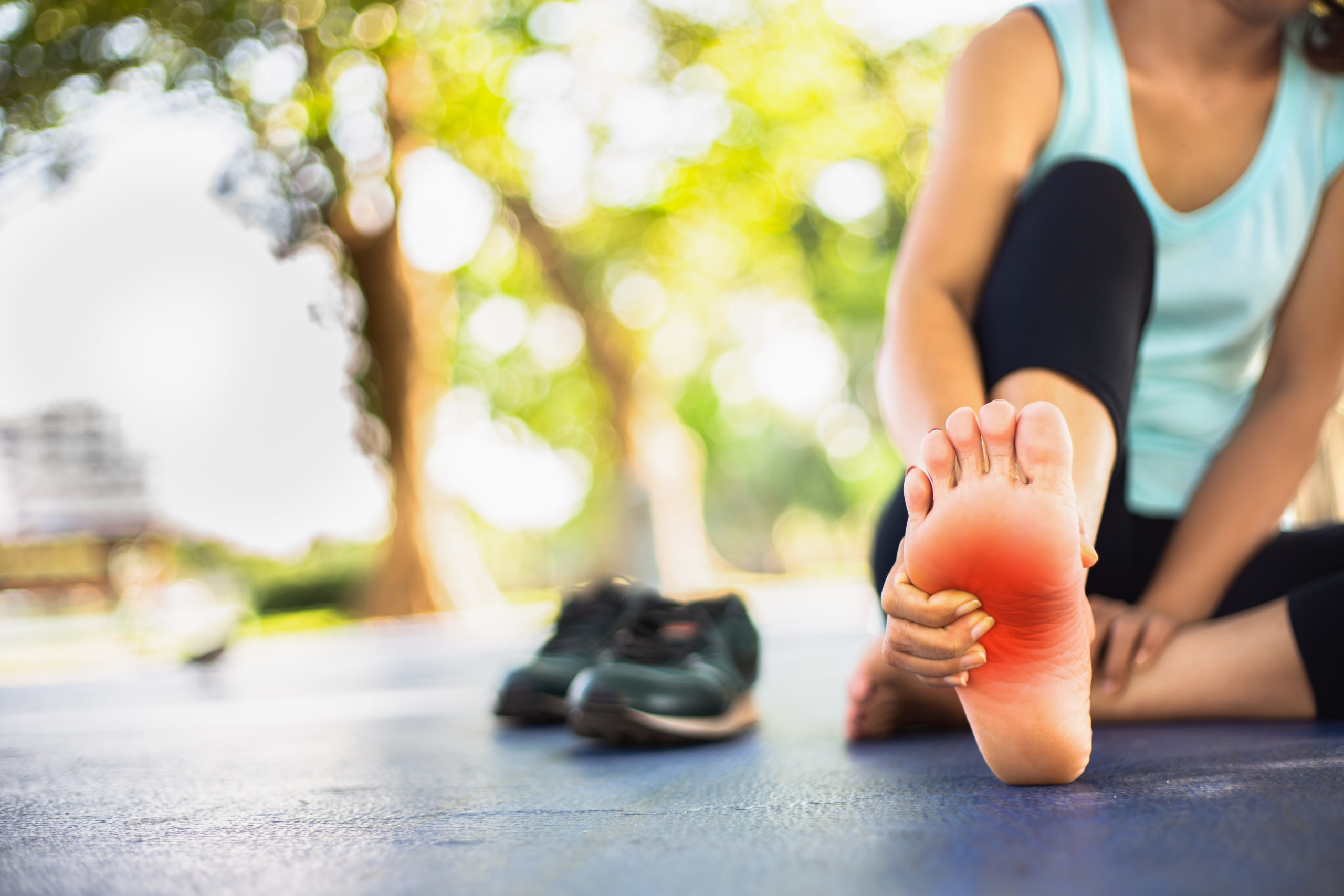Social Host Liability Laws
New Jersey is one of several states that holds social hosts liable for harm caused by their intoxicated guests.
To understand social host liability laws, it is helpful to first understand “dram shop laws” as a whole. Dram shop laws, also known as liquor liability laws, hold bars, taverns, restaurants, and other alcohol-serving establishments responsible for injuries incurred by drunk patrons. Essentially, servers of alcoholic beverages are not permitted to serve alcohol to visibly drunk patrons; if they breach this duty and over-serve, they could be held liable for injuries caused by the intoxicated person.
New Jersey’s dram shop law is found in Section 2A:22A-4 of the Revised Statutes. Under New Jersey law, a licensed alcohol server is negligent only if he or she serves a “visibly intoxicated” patron, meaning the customer is in “a state of intoxication accompanied by a perceptible act or series of acts which present clear signs of intoxication.”
The Dram Shop Act states that a person who sustains personal injury or property damage as a result of negligent service at a bar, hotel, or other property can recover damages only if:
- The server is deemed negligent
- The negligent service of alcoholic beverages was the proximate cause of the injury or damage
- The injury or damage was a foreseeable consequence of the negligent service
Certain states, including the state of New Jersey, extend these dram shop laws to social hosts at private parties. In other words, if someone throws a holiday party and over-serves a guest, who then gets behind the wheel and causes a car accident, the host of the party could be found liable for the other driver’s injuries. Social host liability laws typically don’t allow the intoxicated guest to file suit; rather, a third-party who is injured (as a result of the drunk guest) has the right to file a personal injury suit against the social host.
It is important to note that the host does not have to physically serve the alcohol to the guest to be held liable for damage caused. Even if guests serve themselves at the party, the host is still responsible for ensuring guests don’t become overly intoxicated.
In addition, the guest does not have to be visibly intoxicated in front of the host in order for the host to be liable. If the alcoholic beverages were provided “under circumstances manifesting reckless disregard of the consequences” to someone else, creating an “unreasonable risk” of harm to life and property, the host could be liable for injuries.
Someone injured by an intoxicated party guest could be entitled to compensatory damages. Compensatory damages in a personal injury case can include compensation for:
- Medical expenses
- Future anticipated medical care
- Lost wages
- Decreased future earning potential
- Property damage
- Pain and suffering
The injured party can also pursue punitive damages under New Jersey law. Punitive damages are designed to punish the defendant for particularly reckless or egregious behavior and are awarded more rarely than compensatory damages.

















